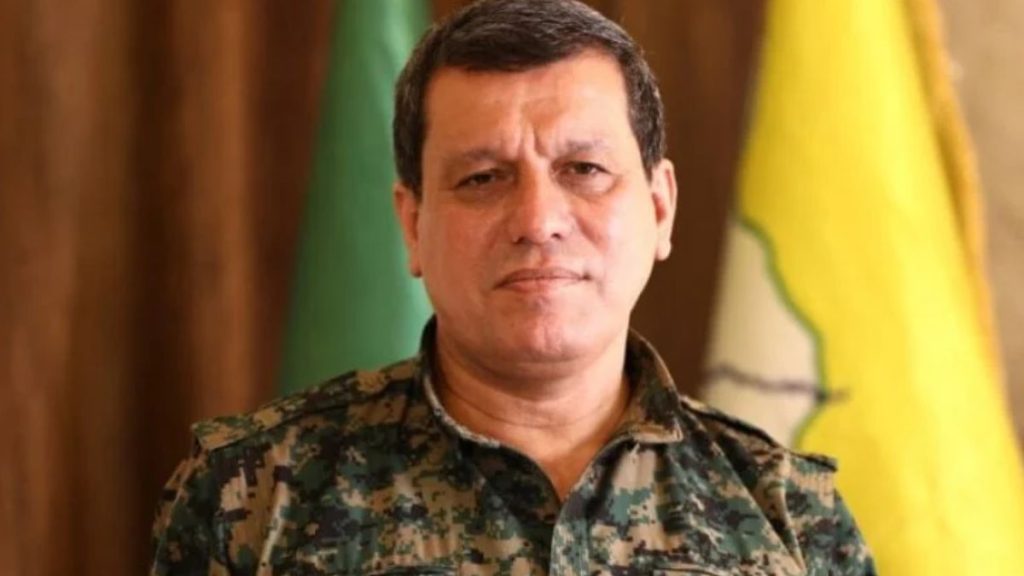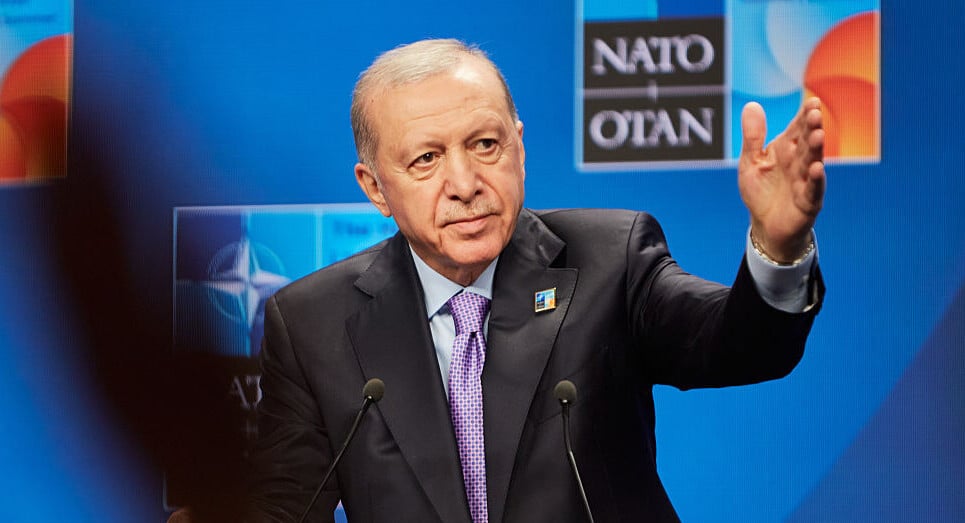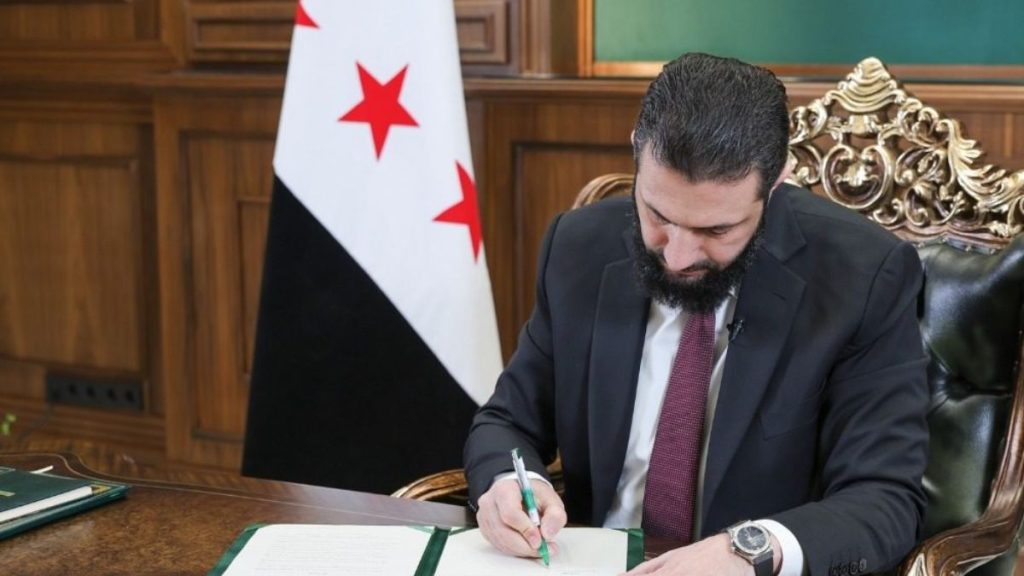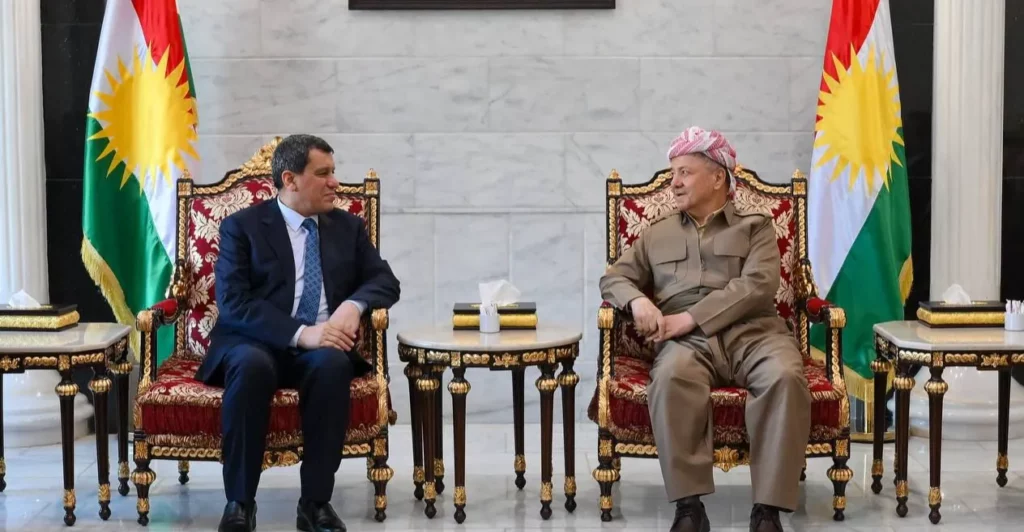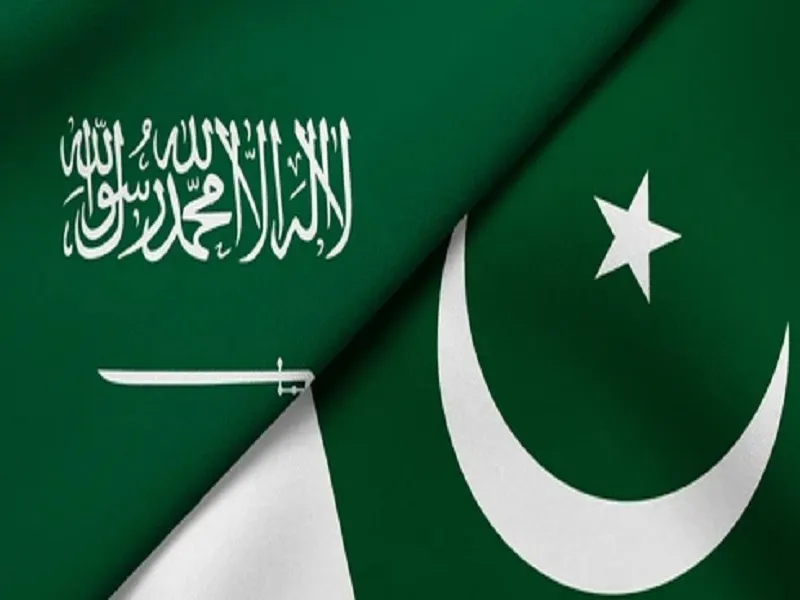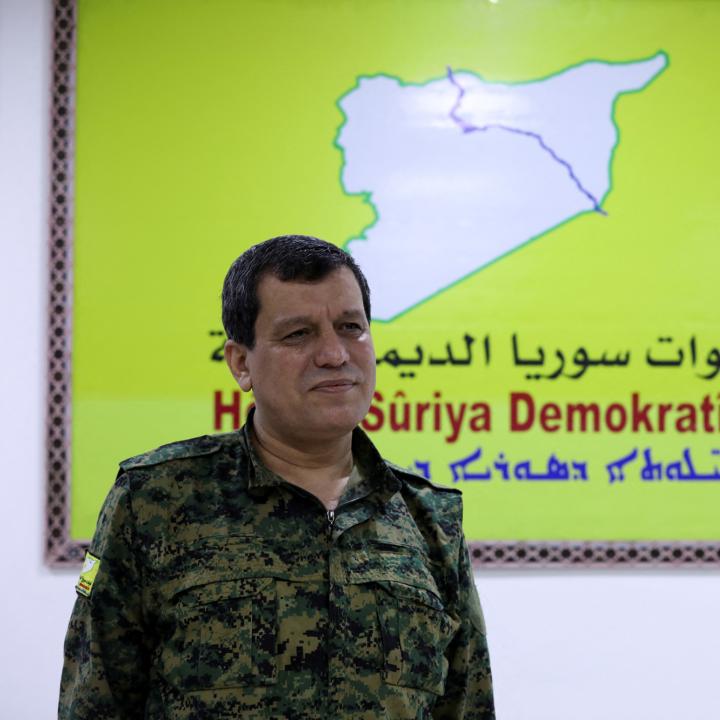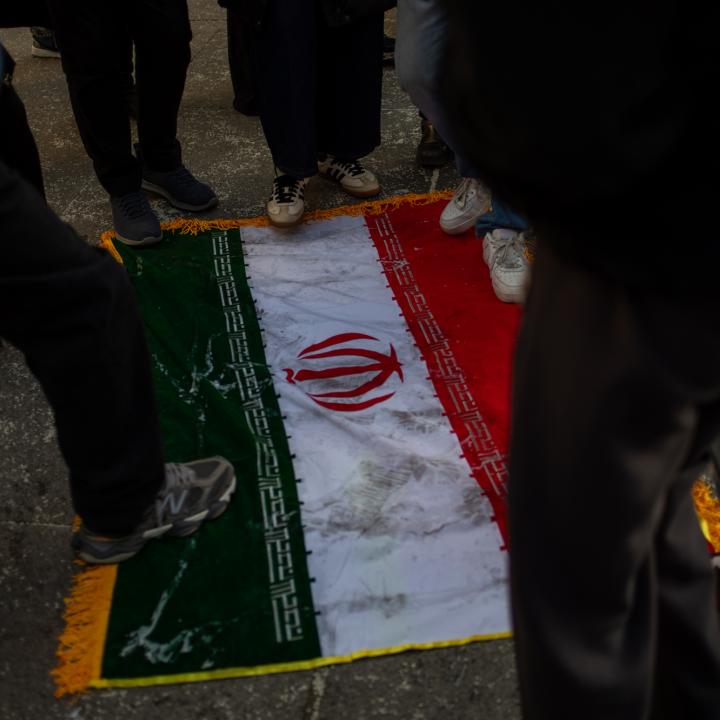Aleppo, clashes continue on Tishreen Dam front
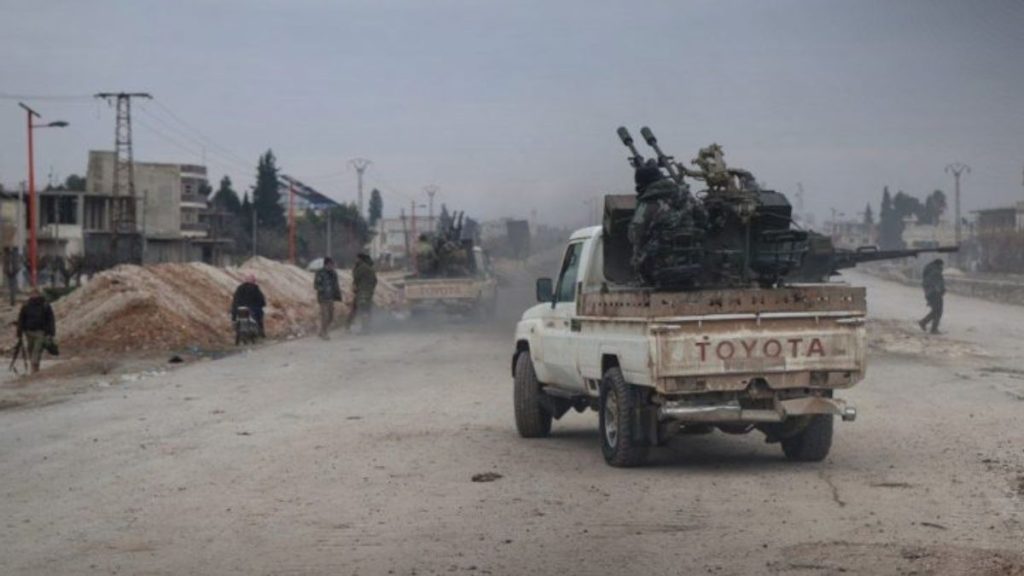
Clashes have continued between the Syrian army and the Syrian Democratic Forces (SDF) along the Tishreen Dam axis (eastern Aleppo governorate) since the morning of Sunday, 18 January, marking a new field escalation in the area.
A military source told Enab Baladi that the fighting has been accompanied by exchanges of shelling and the use of heavy weapons, noting that Syrian army units have deployed tanks and armored vehicles toward the dam’s surroundings as part of an ongoing military operation.

